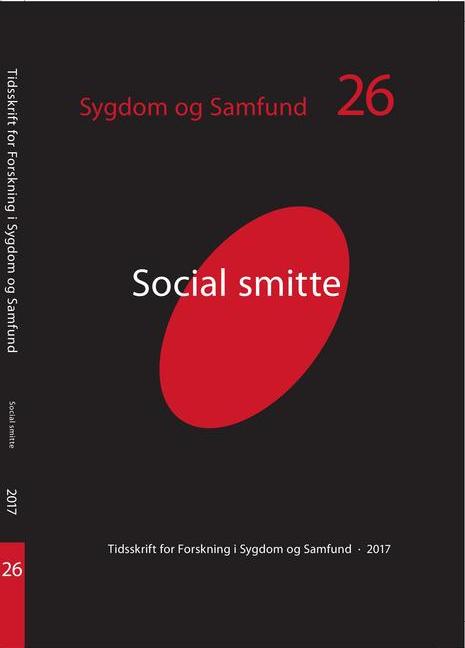Abstract
Discussions of health-related behaviors and lifestyle often become theoretical and morally laden owing to their individualistic view on risk factors and life choices. This article uses the analytical concepts of contagion and configuration to explore the spread of aspirations for the good life among young men in Northern Uganda. The potential social contagion of aspirations is unfolded to provide a deeper understanding of social processes not only as dynamics between people but also as processes between people and their surroundings in a society which is subject to rapid change. This understanding will provide a sense of the meaning invested in having a ‘life style’ and the significance of choice. Inspired theoretically by the Weberian concept of life style, it is found that young people in Northern Uganda, although they may be limited in terms of their life chances, live their lives as well as possible by taking advantage of the little space for choice that the reality of their resources and class circumstances allows. Young people in particular seek to engage in and perform what could be described as aspirational consumption in the form of ‘life styles’; and even though they rarely succeed, making some progress along this path seems important and fuels their ongoing aspiration for the good life. Having a ‘life style’ means being able to choose and consume, and getting a ‘life style’ reflects an aspiration for social mobility. Taking the emic approach helps to explain how social contagion occurs and how health-related practices are formed.

